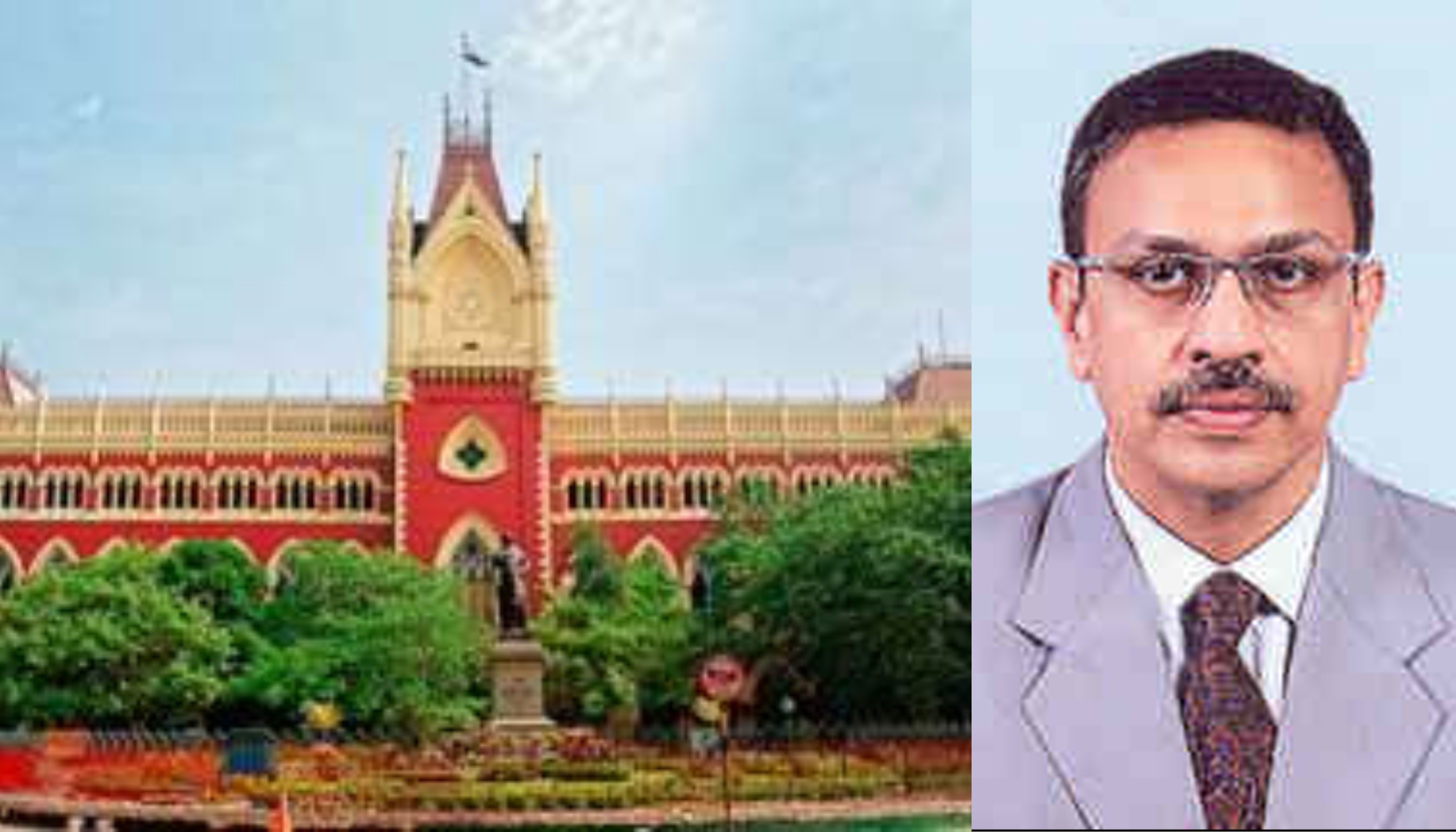

By Sunil Garodia
First publised on 2021-07-18 07:22:26
When there were repeated link failures during a virtual hearing, Justice Sabyasachi Bhattacharyya of Calcutta High Court could not take it anymore. Calling virtual hearings a "joke" and "a mere circus on show before the public" he refused to be a part of it till the issues were resolved in full. Justice Bhattacharyya issued an order asking the Central Project Coordinator to explain the reasons for the outage in writing within a couple of hours and sent copies of the order to acting CJ Rajesh Bindal and the registrar-general of the court.
There is no doubt that link failures disrupt proceedings and when an advocate's argument is cut in the middle, it becomes difficult for the presiding judge or judges to keep his or their chain of thoughts intact. It is also time consuming and adds to the backlog. It impedes justice and is unfair to litigants. Links can sometimes fail due to technical reasons but repeated failures in a short period of time means that the maintenance staff and the supervisors are not doing their job.
The Times of India reported that a majority of lawyers in the court welcomed Justice Bhattacharyya's order as they felt that link failures has become a regular feature and cases were not being heard in full due to that. They said that this and the delay it caused were prejudicial to litigants. They hoped that the order would stir the concerned department and there will be a speedy resolution to the problem.
But with optical fibre network and broadband connections becoming much stable and reliable in India now, it is surprising that the problem of connectivity is so acute in Calcutta High Court. It means that either the equipment is outdated or maintenance is not up to the mark. It could also mean problems at the service provider's end. The authorities must resolve this issue at the earliest as with talks of the third wave gaining ground, virtual hearings are here to stay for some time now. Hence, it is imperative that there is seamless and fast connectivity for judges to hear cases without interruption to meet the ends of justice.











